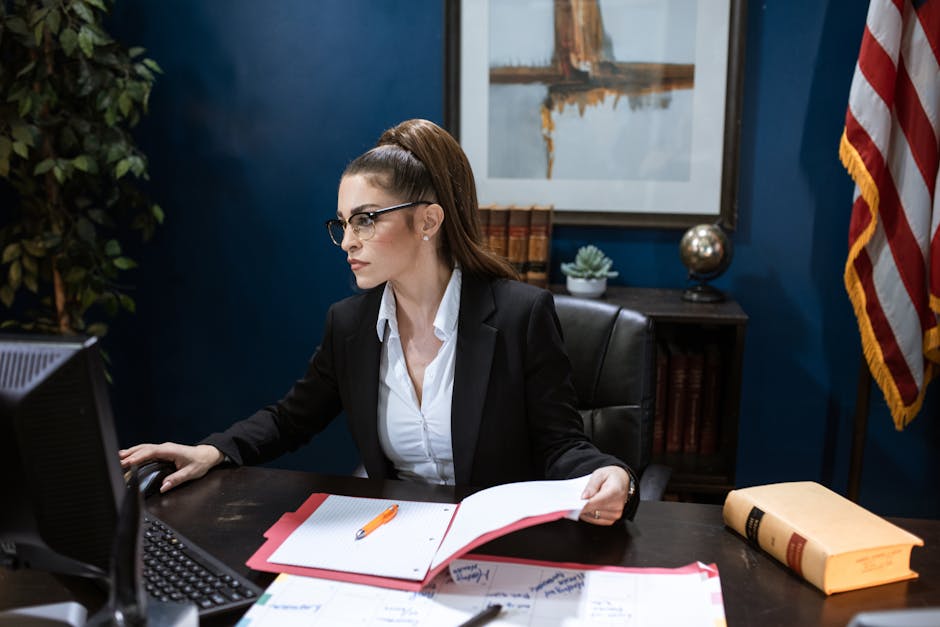The legal system, a cornerstone of civilized society, relies on a delicate balance of power and responsibility. Central to this system are the roles of judges and juries, distinct yet interwoven entities that contribute to the fair and just application of the law. Understanding their respective duties is crucial for grasping the functioning of any legal process.
A Judge’s Role: Guardians of the Law
Judicial figures are more than mere arbiters; they are essential components of a well-functioning legal system. Their role transcends simply pronouncing judgments; it encompasses the meticulous application and interpretation of the law, ensuring due process and upholding the principles of fairness. A judge acts as a neutral guide within the courtroom. Their jurisdiction extends to several key areas.
First and foremost, a judge presides over the proceedings. They regulate the flow of the trial, ensuring that it adheres to established legal protocols. This includes ruling on evidentiary admissibility, managing witness testimony, and setting the tone for a respectful and orderly court environment. A judge’s rulings on these matters are pivotal in shaping the course of a trial, impacting the evidence presented and ultimately, the outcome.
Furthermore, judges are tasked with instructing juries on the applicable laws relevant to the case. This instruction, often referred to as jury instructions, is a critical component of the trial process. The judge must clearly articulate the legal standards by which jurors must assess the evidence and render a verdict. This requires a precise understanding of the legal principles at stake and the ability to present them in a manner understandable to a layperson.
Another significant aspect of a judge’s role is to rule on motions and objections. Attorneys often raise motions seeking a particular outcome, or object to certain pieces of evidence. The judge’s responsibility is to evaluate these submissions and decide their merits based on established legal precedent. This discernment is crucial for ensuring the integrity and procedural correctness of the trial.
Beyond courtroom procedures, judges also contribute to the development of the legal landscape. Through their decisions, they interpret and shape legal principles. These rulings, often appealed, form the basis for future legal arguments and shape the overall interpretation of the law.
A Jury’s Role: The Verdict’s Voice
While judges are the gatekeepers of legal procedure, juries embody the cornerstone of the democratic ideal: the people’s voice in the application of the law. Their function is fundamental. Jurors, selected from the community, are entrusted with the weighty responsibility of evaluating the evidence presented by both sides of the legal dispute and ultimately determining the truth.
A critical element of a juror’s role is impartiality. They must approach the case with an open mind, setting aside personal biases and considering only the evidence presented in court. This dedication to fairness is crucial for ensuring the integrity of the trial. They carefully weigh the evidence, testimony of witnesses, and any reasonable doubt that might arise during the proceedings.
Indeed, a core duty of jurors is to carefully review the evidence. This involves discerning the reliability and accuracy of different accounts, observing witness demeanor, and considering the inherent strengths and weaknesses of each piece of evidence presented. This rigorous evaluation, conducted with meticulous attention to detail, is fundamental to the jury’s decision-making process.
Furthermore, a jury’s role involves applying the law to the specific facts of the case. They must comprehend the jury instructions provided by the judge and apply them to the evidence they have analyzed. This meticulous application is crucial to ensure justice is served.
A critical component is the concept of “reasonable doubt.” Juries are tasked with determining whether the prosecution has successfully proven the defendant’s guilt beyond a reasonable doubt. This concept is not just a legal technicality; it’s a bedrock principle that safeguards against wrongful convictions. If there is any lingering uncertainty in the evidence or if a compelling doubt remains, the jury must acquit the defendant.
The Intersection of Judge and Jury
The roles of judges and juries, while distinct, are intrinsically connected. The judge guides the proceedings, ensuring that the trial operates within established legal frameworks. The jury, on the other hand, applies the law to the particular facts of the case. This interplay is crucial for a balanced and fair legal process.
The judge’s role is instrumental in setting the boundaries of the legal debate. Their decisions on evidentiary matters, on motions to exclude evidence, and on instructions to the jury directly affect the narrative and the perspective of the jurors. Conversely, the jury’s determination of the facts, their assessment of witnesses, and their final verdict complete the chain.
In essence, the judge establishes the legal playing field, while the jury applies the rules within that field, reaching a conclusion based on the evidence presented. This interdependent collaboration is crucial to ensure the pursuit of justice.
Conclusion: Safeguarding Justice
The roles of judges and juries are integral to the framework of justice, safeguarding individual rights and promoting societal well-being. Judges, through their careful application of the law, guide the proceedings, ensuring fairness and adherence to established legal principles. Juries, composed of community members, embody the democratic ideal, applying the law to specific cases based on the evidence presented. These distinct yet interdependent roles are essential for a just legal system, ensuring that each case is considered with integrity, impartiality, and due respect for individual rights.
